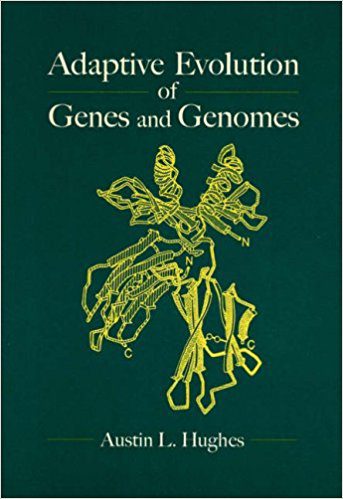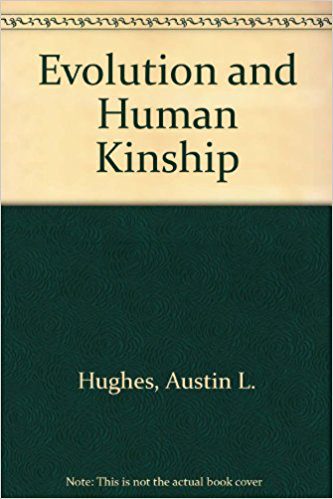
Some thoughts on scientism from the late Austin L. Hughes (1949-2015), who was Carolina Distinguished Professor of Biological Sciences at the University of South Carolina:
“The temptation to overreach . . . seems increasingly indulged today in discussions about science. Both in the work of professional philosophers and in popular writings by natural scientists, it is frequently claimed that natural science does or soon will constitute the entire domain of truth. And this attitude is becoming more widespread among scientists themselves. All too many of my contemporaries in science have accepted without question the hype that suggests that an advanced degree in some area of natural science confers the ability to pontificate wisely on any and all subjects.”

“If philosophy is regarded as a legitimate and necessary discipline, then one might think that a certain degree of philosophical training would be very useful to a scientist. Scientists ought to be able to recognize how often philosophical issues arise in their work — that is, issues that cannot be resolved by arguments that make recourse solely to inference and empirical observation. In most cases, these issues arise because practicing scientists, like all people, are prone to philosophical errors. To take an obvious example, scientists can be prone to errors of elementary logic, and these can often go undetected by the peer review process and have a major impact on the literature — for instance, confusing correlation and causation, or confusing implication with a biconditional. Philosophy can provide a way of understanding and correcting such errors. It addresses a largely distinct set of questions that natural science alone cannot answer, but that must be answered for natural science to be properly conducted.”

“A falsifiable theory is one that makes a specific prediction about what results are supposed to occur under a set of experimental conditions, so that the theory might be falsified by performing the experiment and comparing predicted to actual results. A theory or explanation that cannot be falsified falls outside the domain of science. For example, Freudian psychoanalysis, which does not make specific experimental predictions, is able to revise its theory to match any observations, in order to avoid rejecting the theory altogether. By this reckoning, Freudianism is a pseudoscience, a theory that purports to be scientific but is in fact immune to falsification. In contrast, for example, Einstein’s theory of relativity made predictions (like the bending of starlight around the sun) that were novel and specific, and provided opportunities to disprove the theory by direct experimental observation.”
“Of all the fads and foibles in the long history of human credulity, scientism in all its varied guises — from fanciful cosmology to evolutionary epistemology and ethics — seems among the more dangerous, both because it pretends to be something very different from what it really is and because it has been accorded widespread and uncritical adherence. Continued insistence on the universal competence of science will serve only to undermine the credibility of science as a whole. The ultimate outcome will be an increase of radical skepticism that questions the ability of science to address even the questions legitimately within its sphere of competence. One longs for a new Enlightenment to puncture the pretensions of this latest superstition.”
See his essay “The Folly of Scientism.”
***
On a distinctly different note, I like this little essay:
“Can Science Teach Us Something About How To Live?”
***
Without looking — and assuming that you can name at least one or two well-respected chemists — can you guess the answer to this question? At least, the answer given in this article?
“Who is the greatest chemist of all time?”
***
“Freaky New Dinosaur Was Part Duck, Part Raptor”













